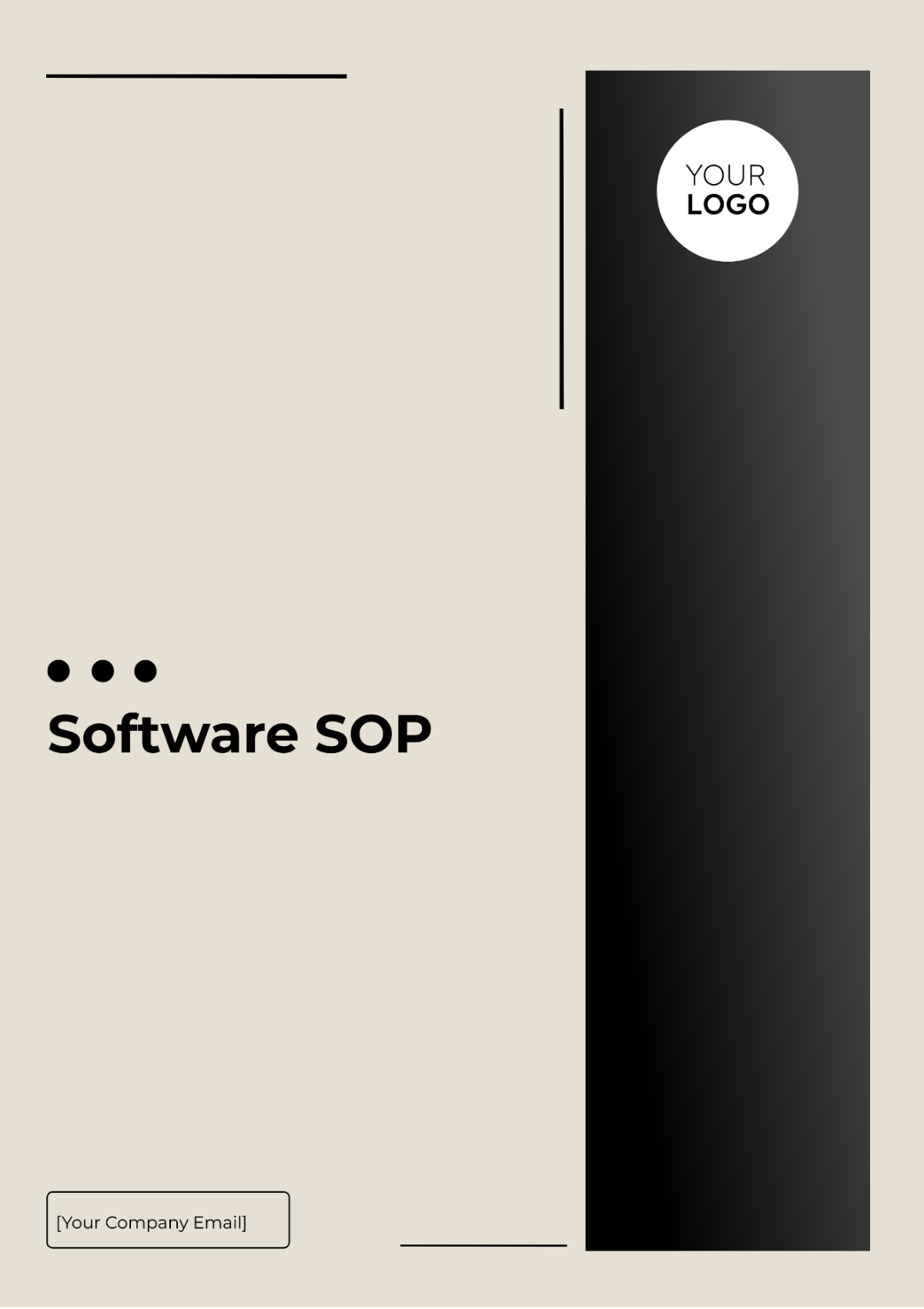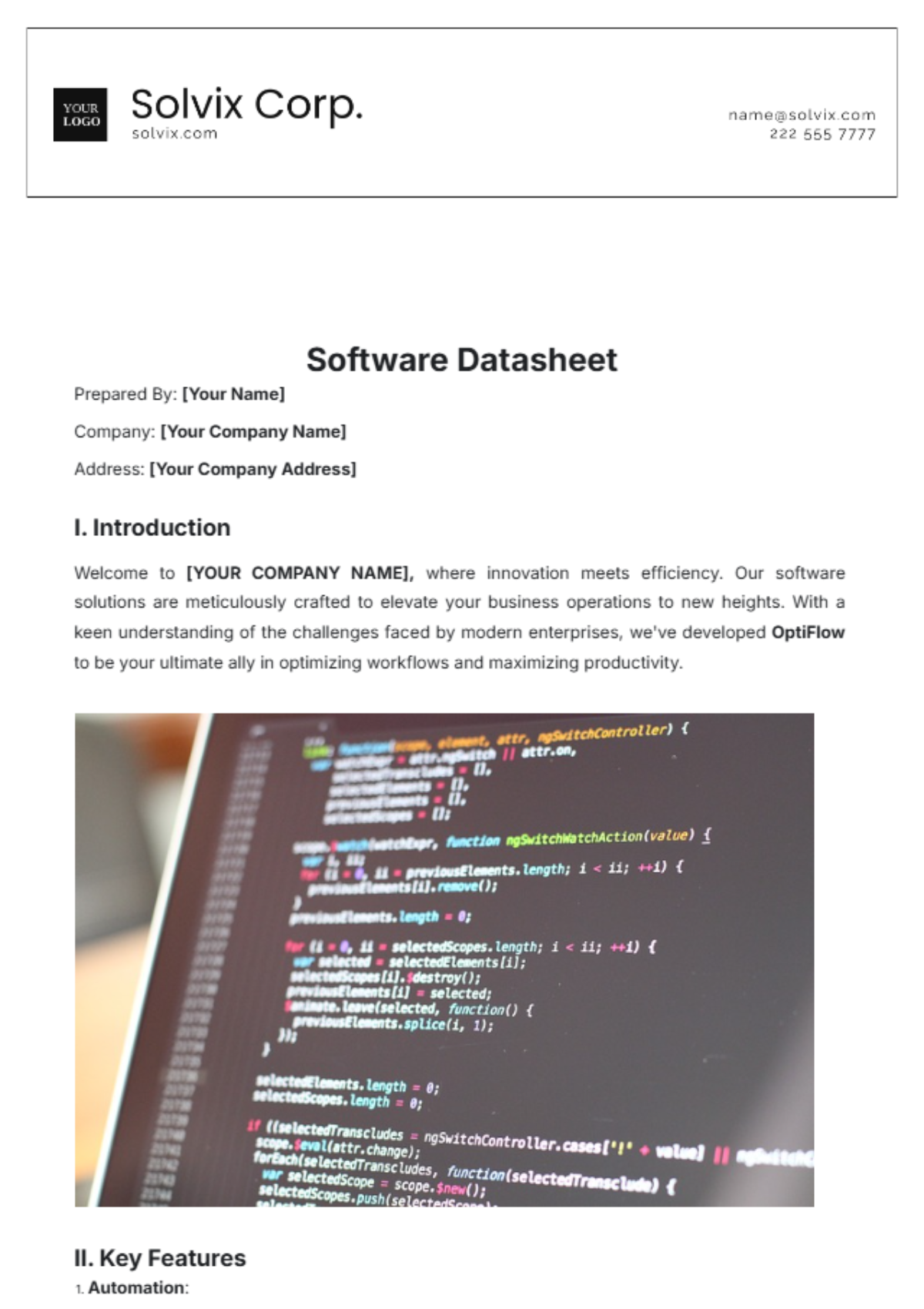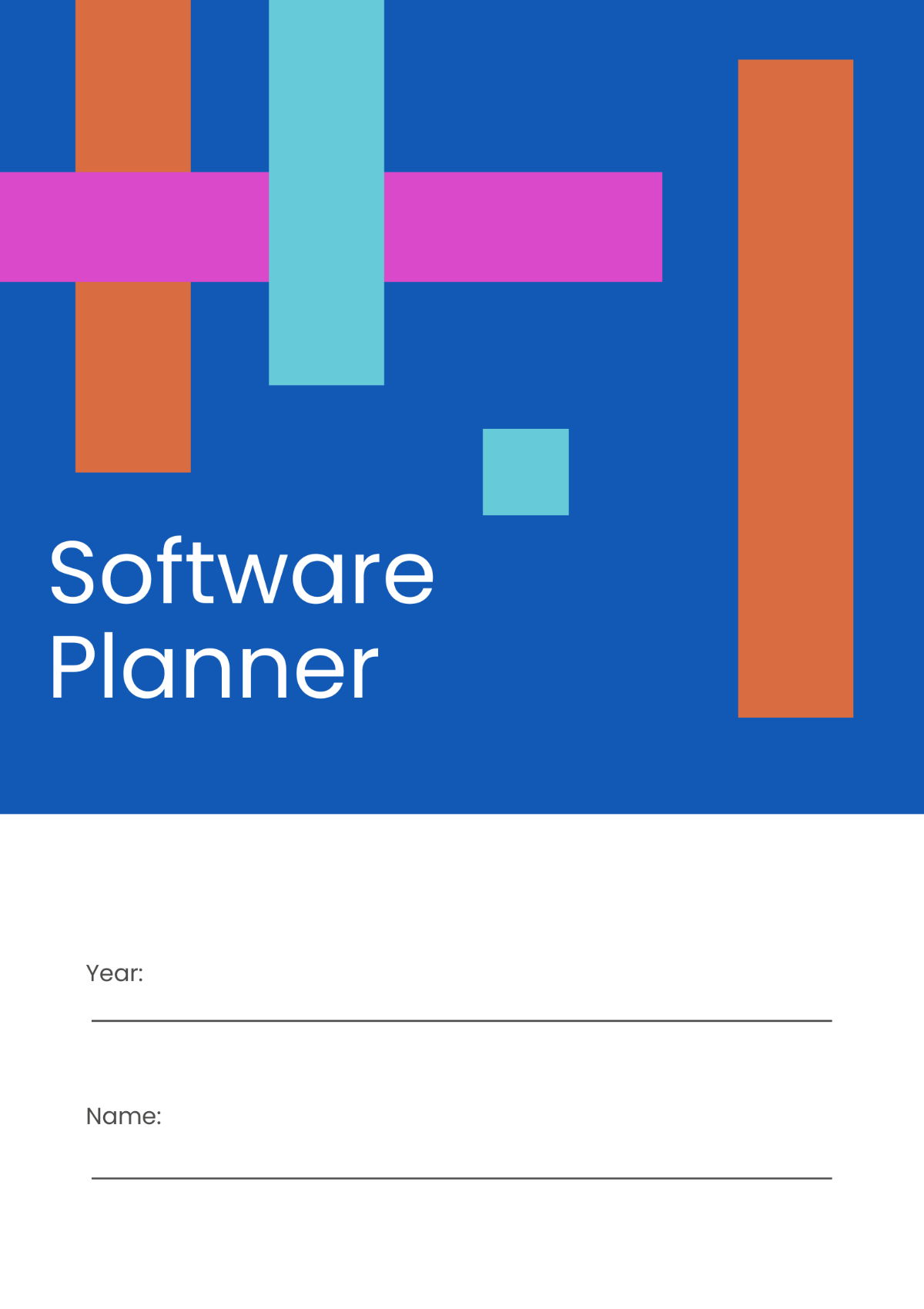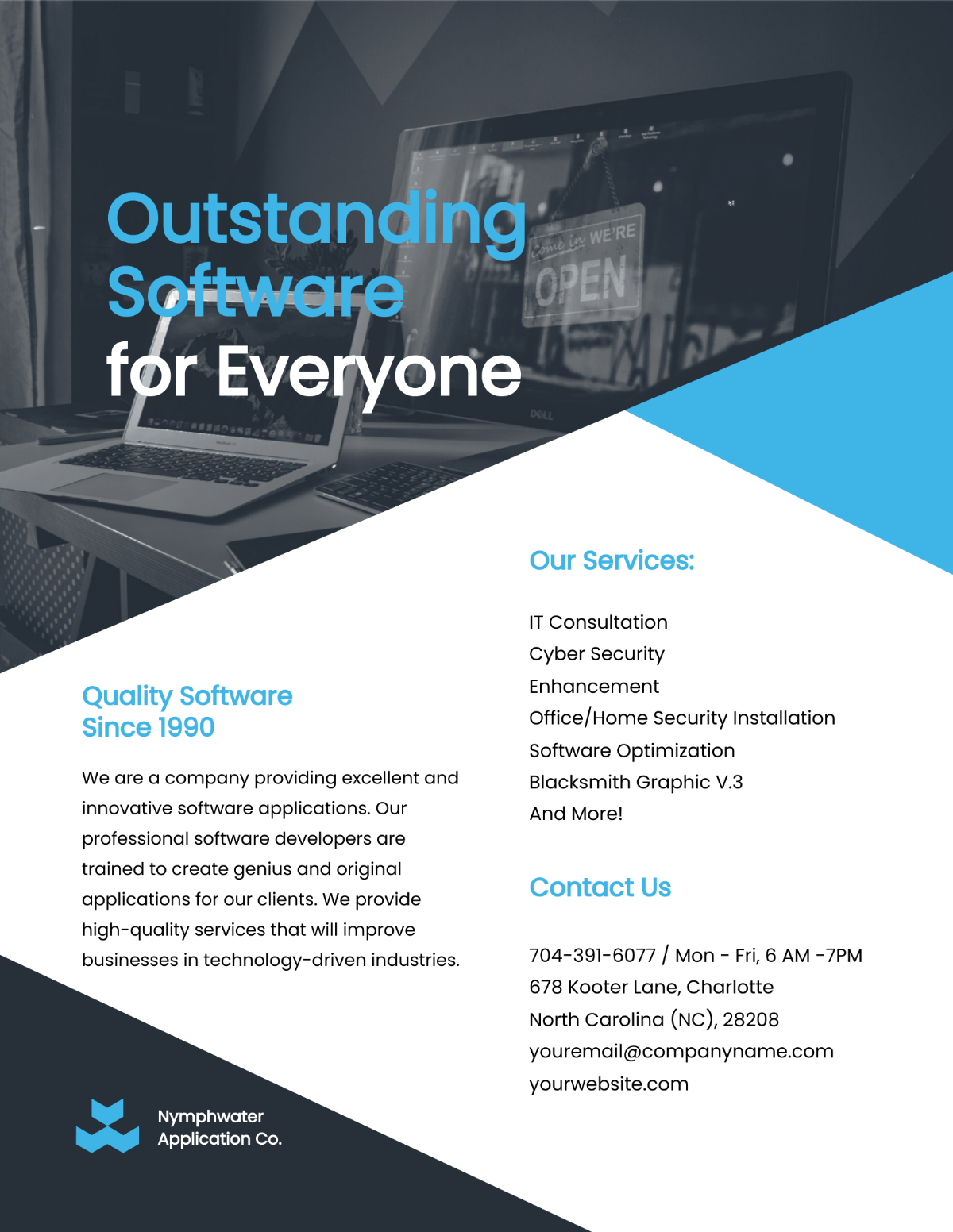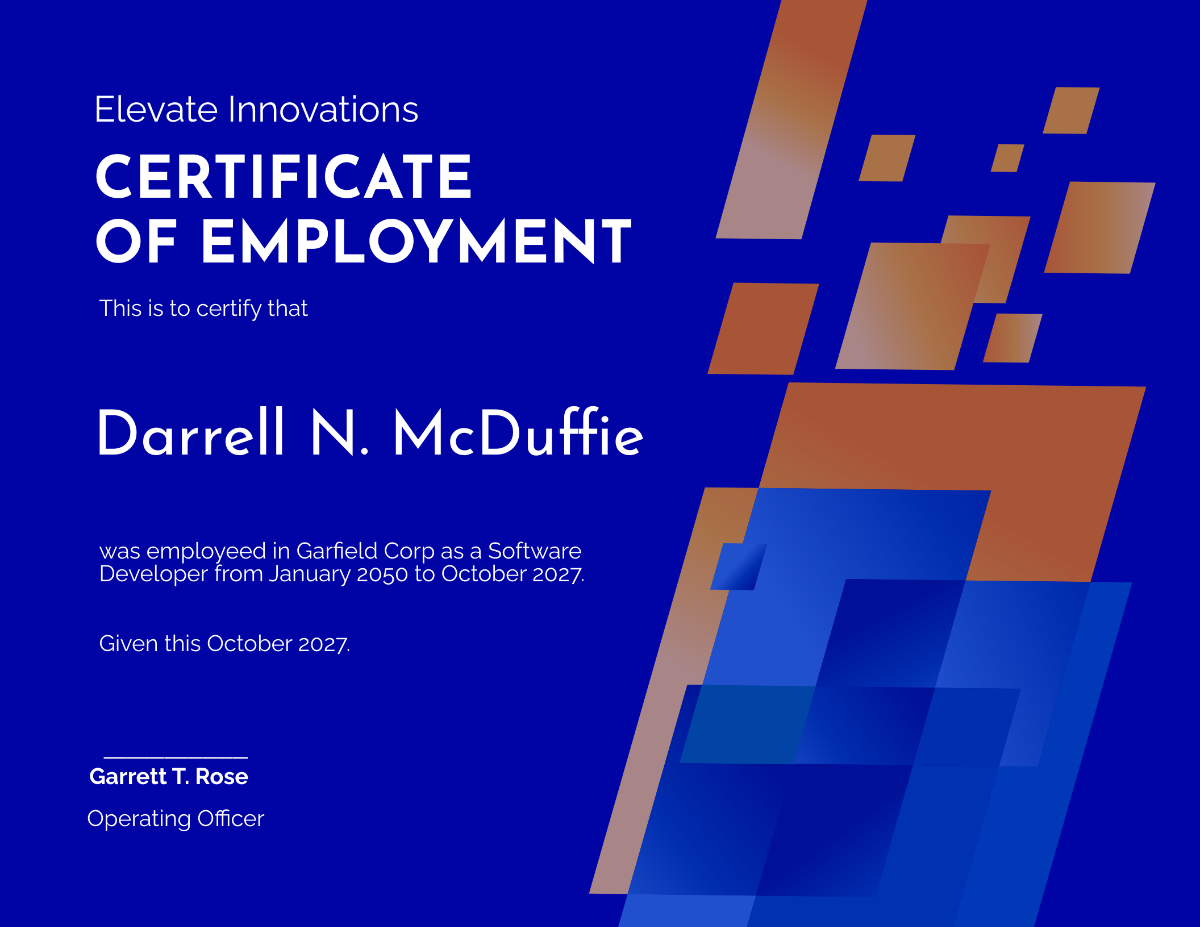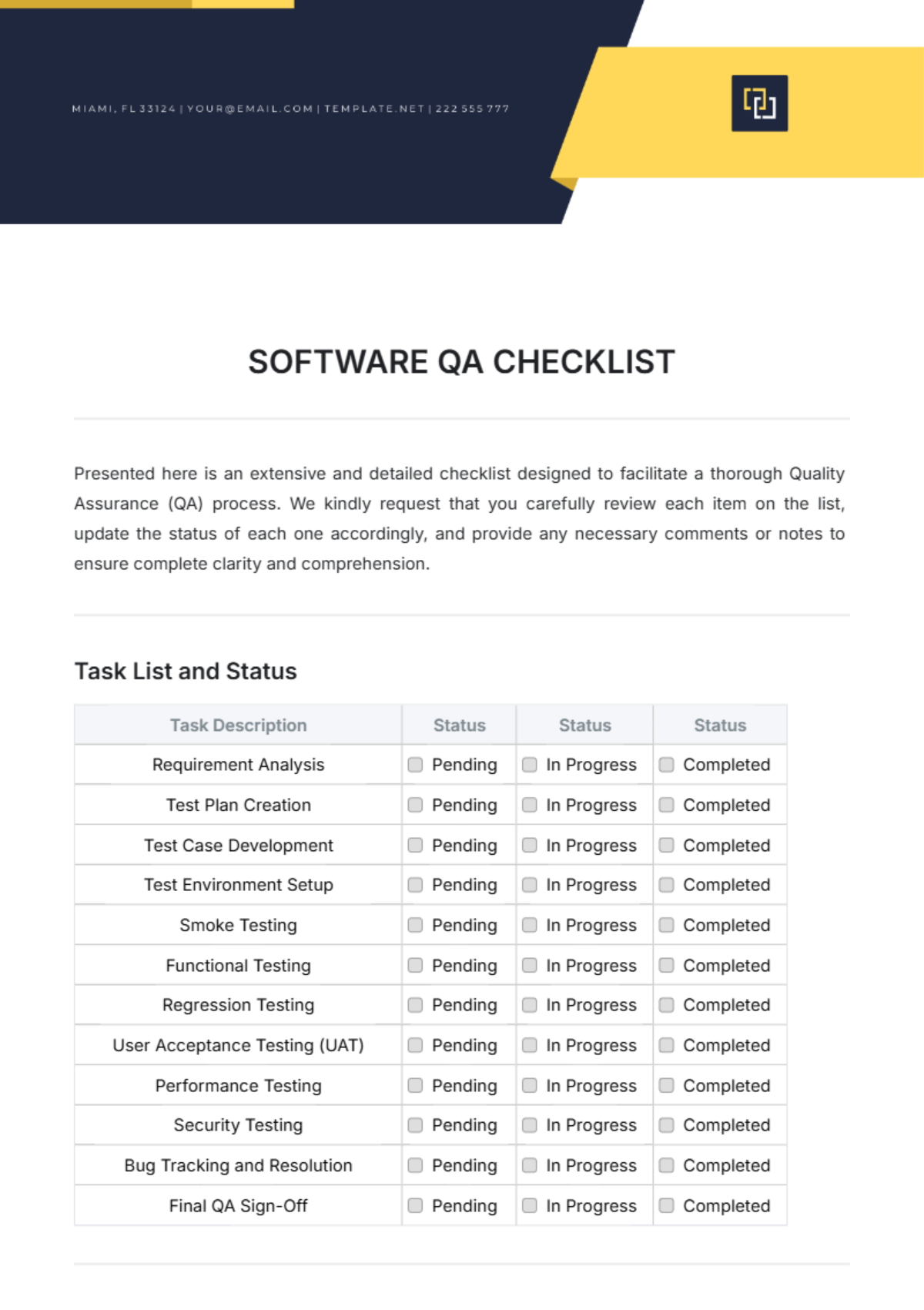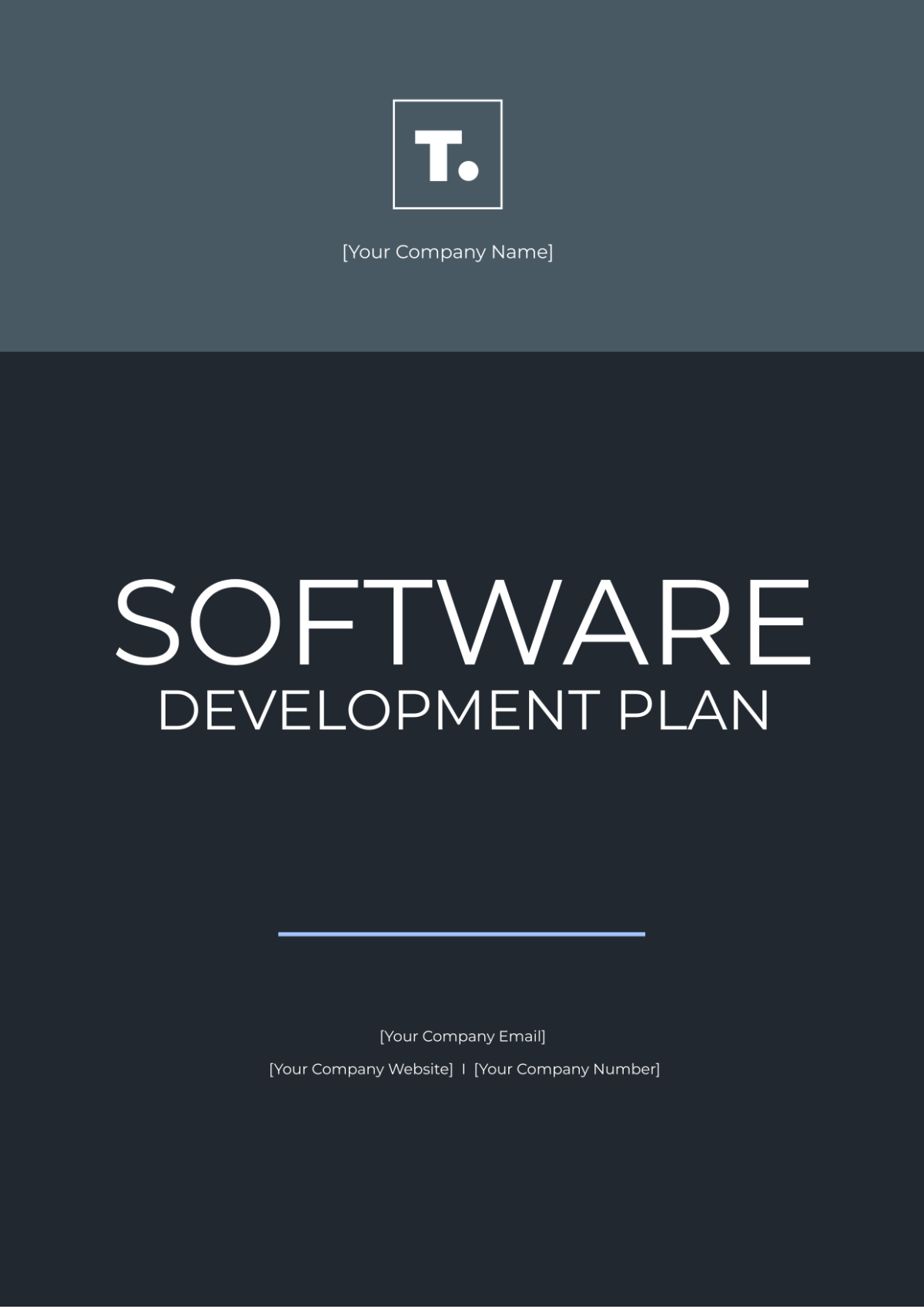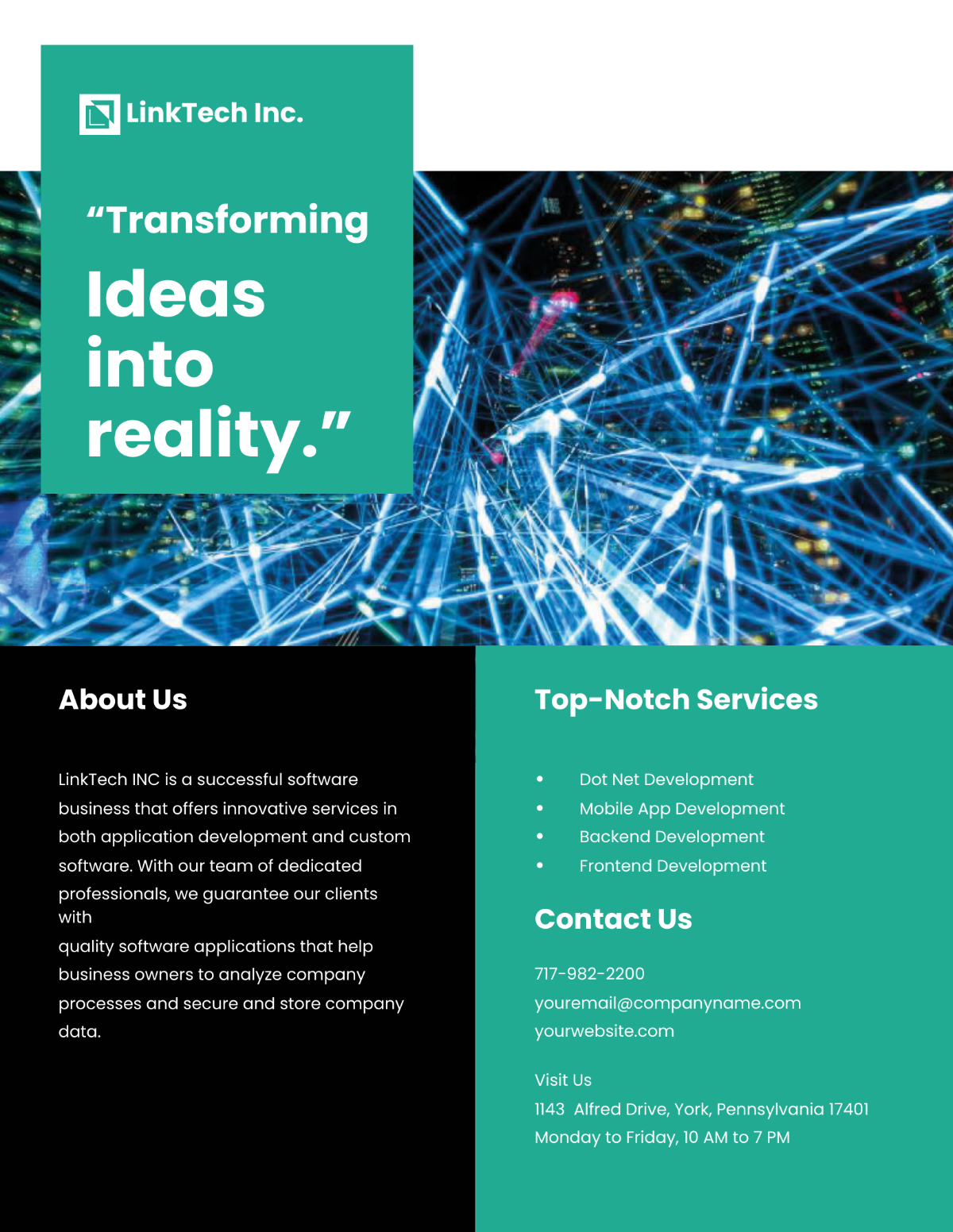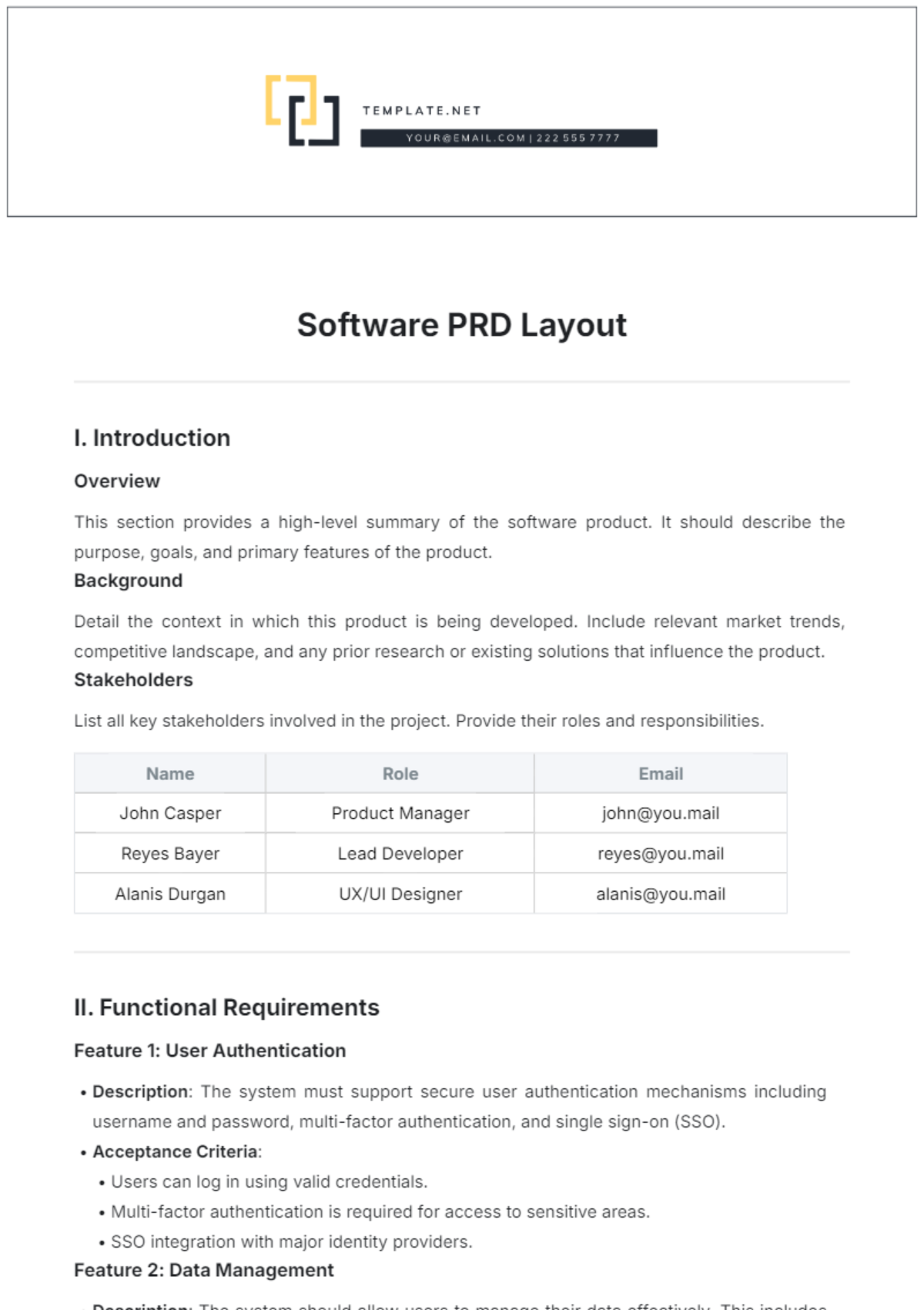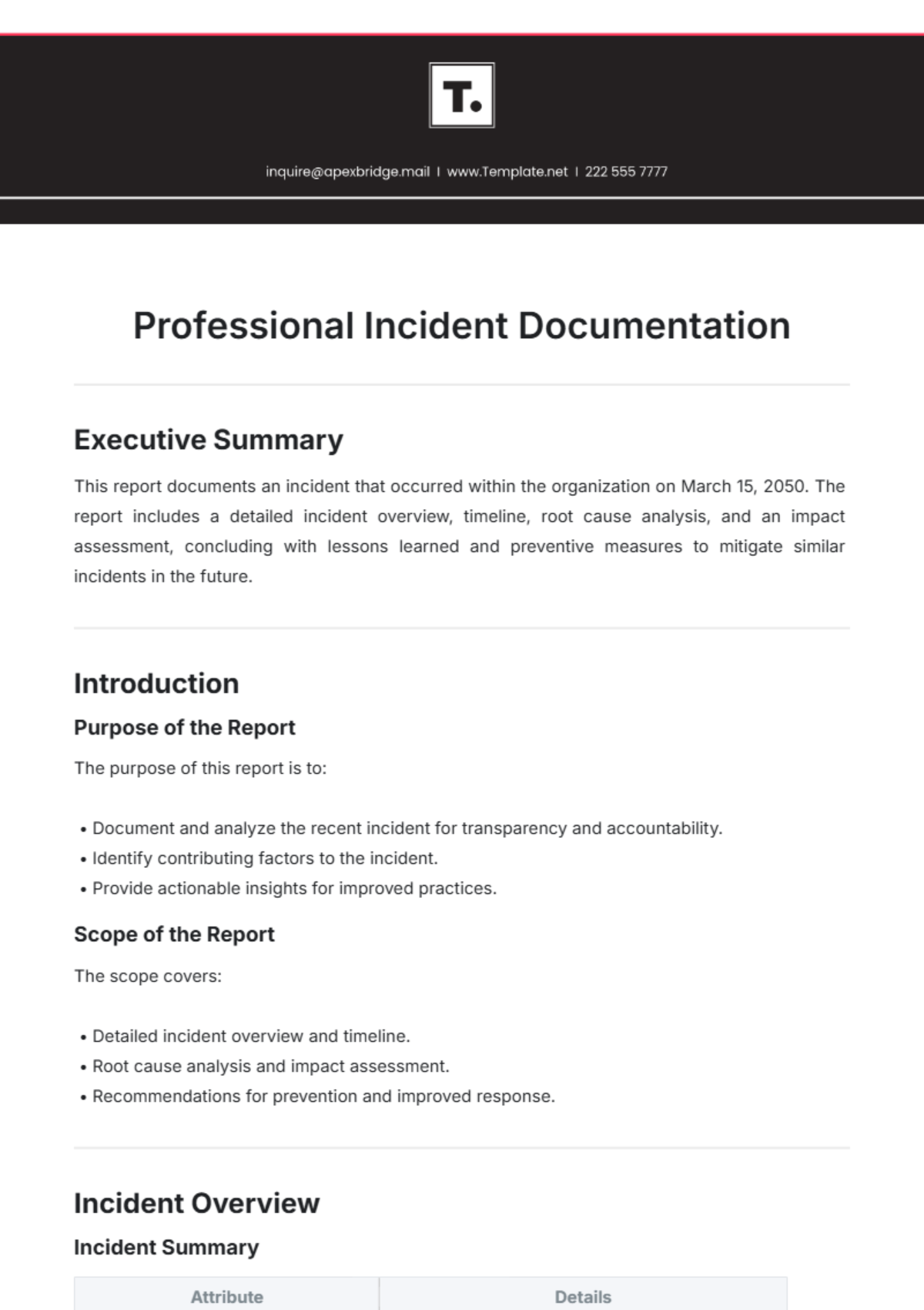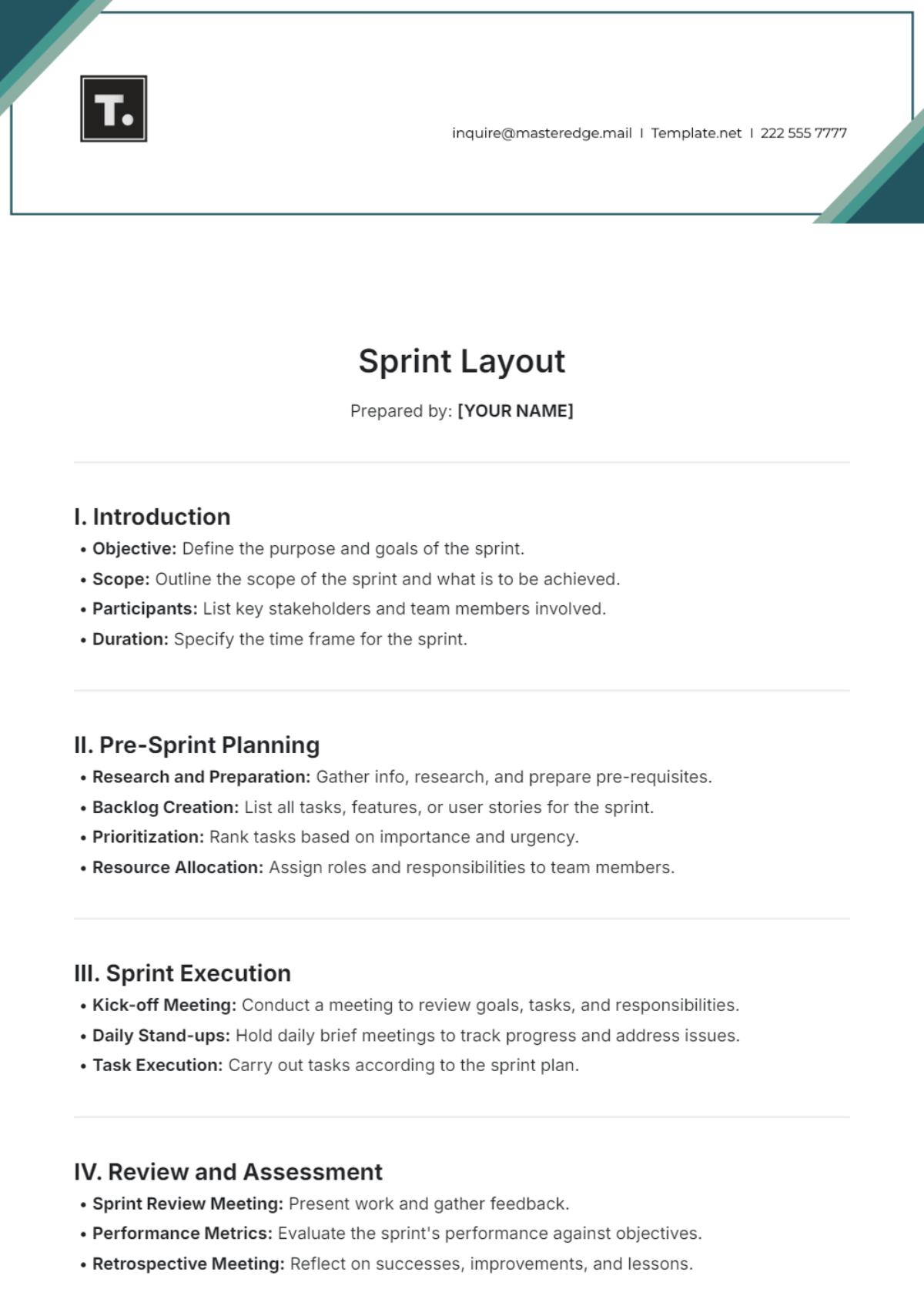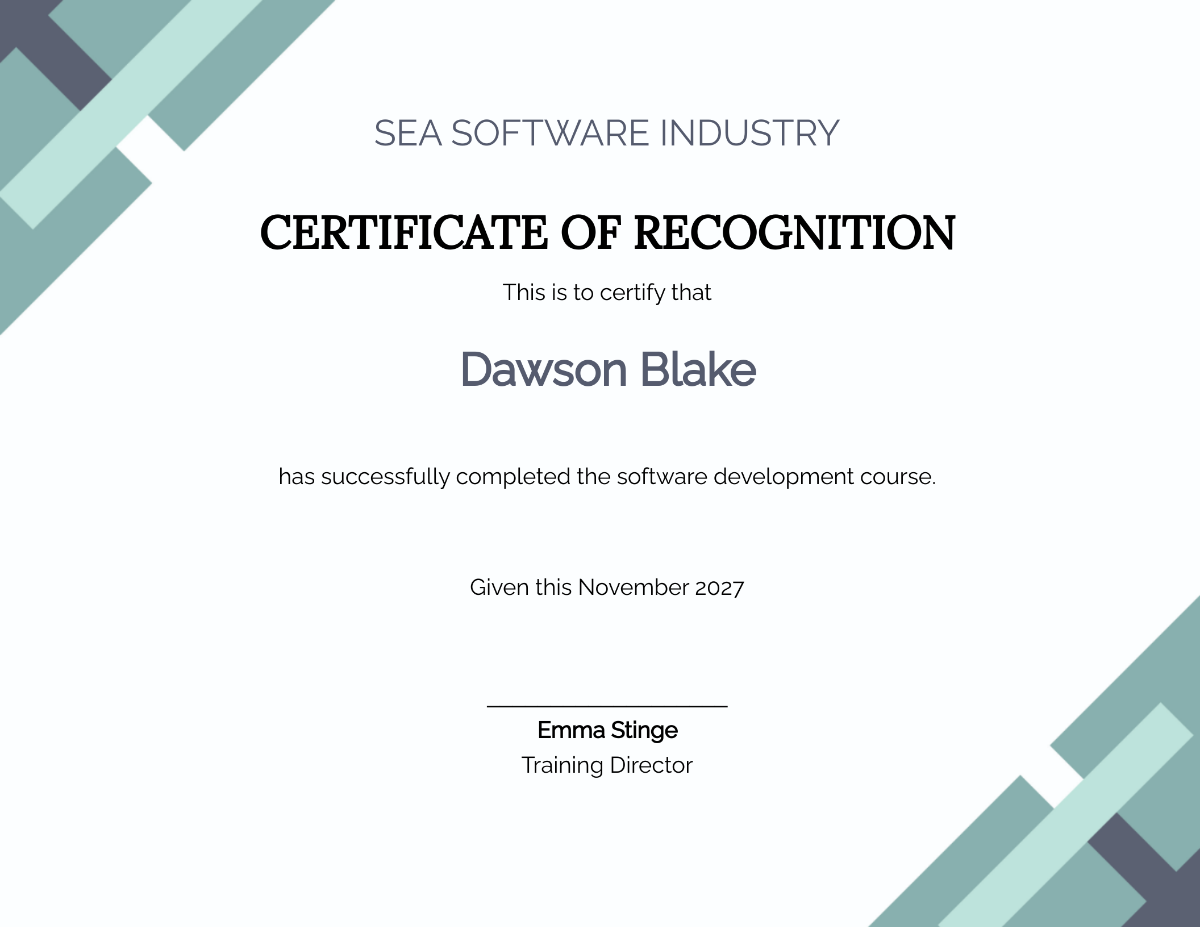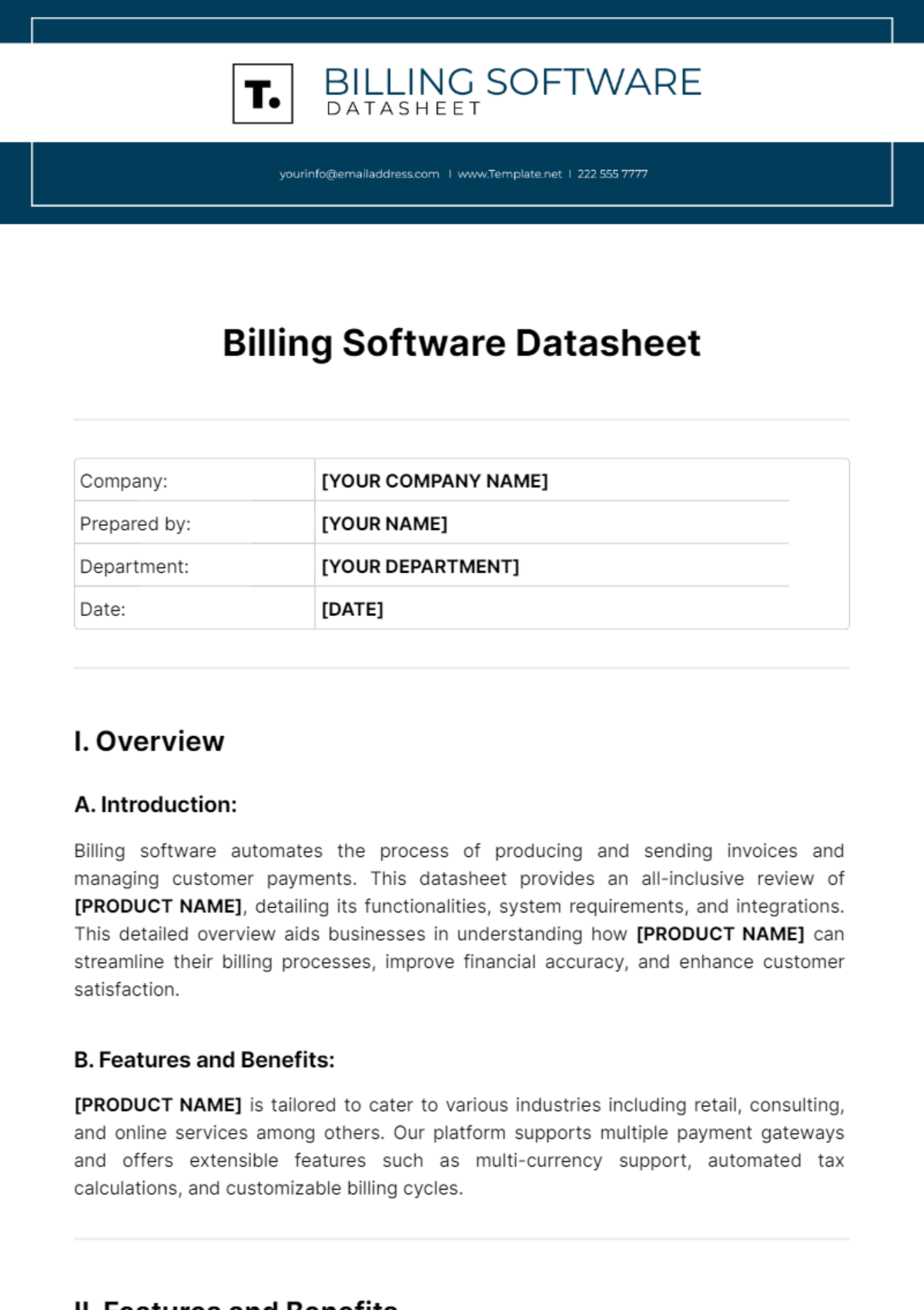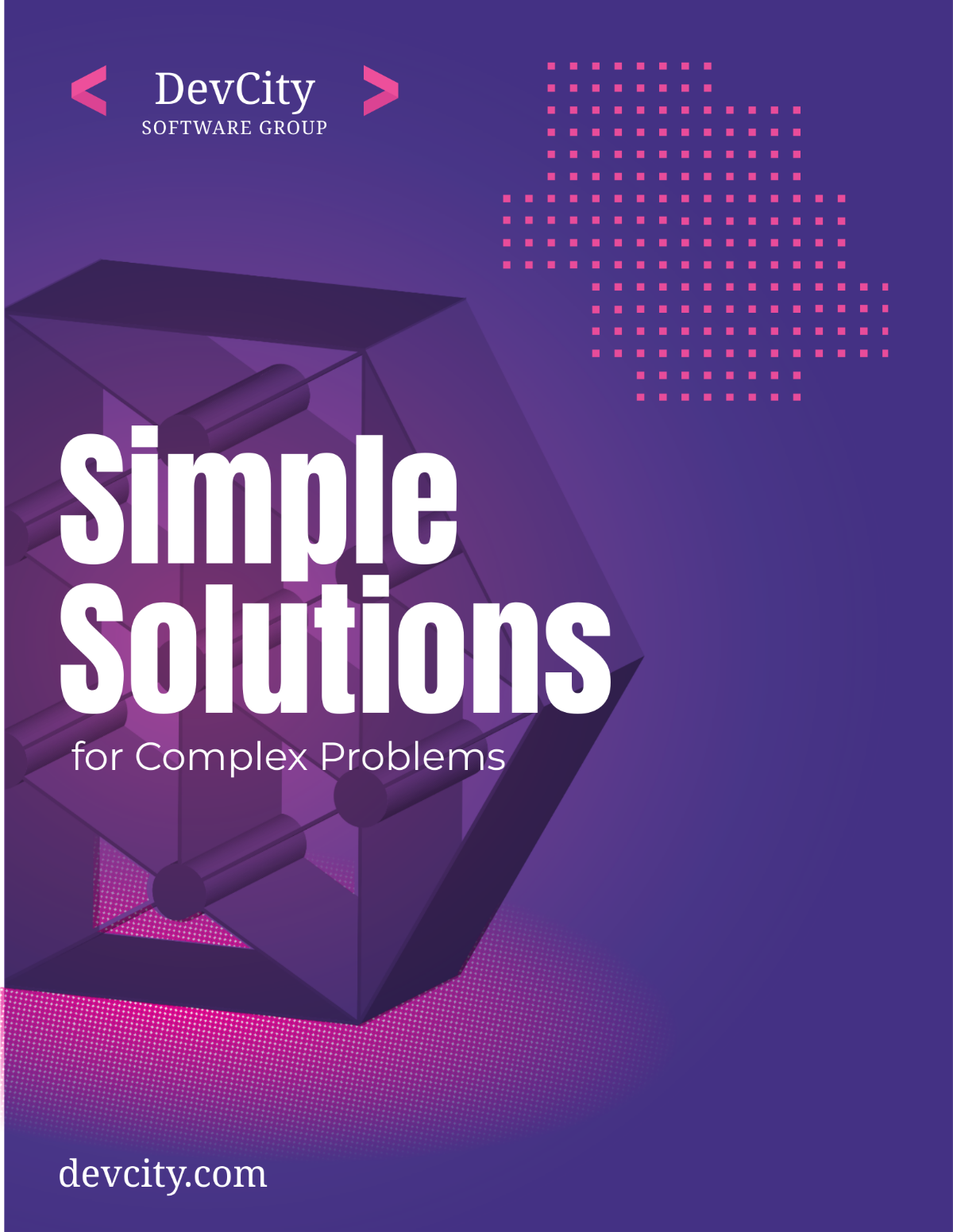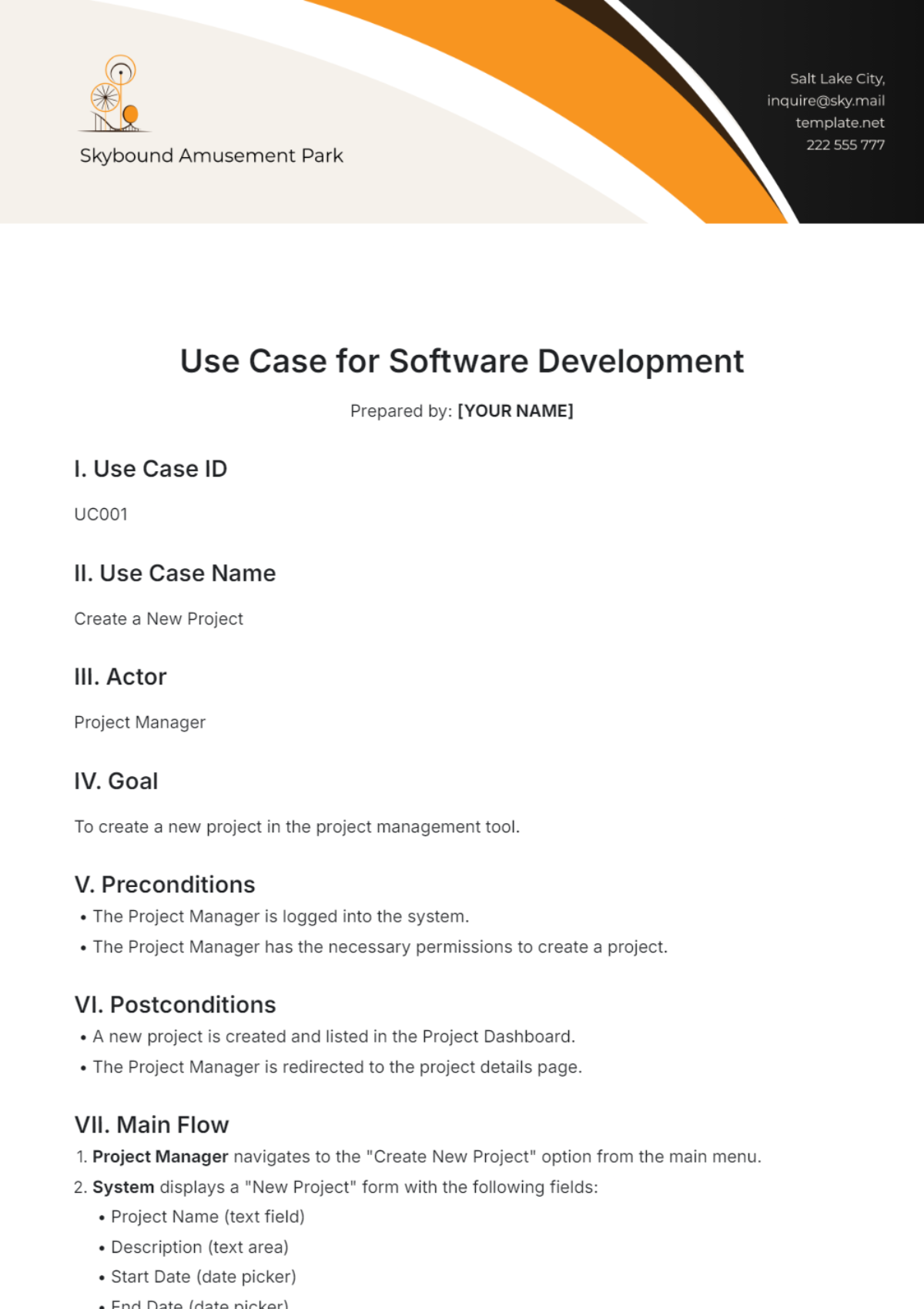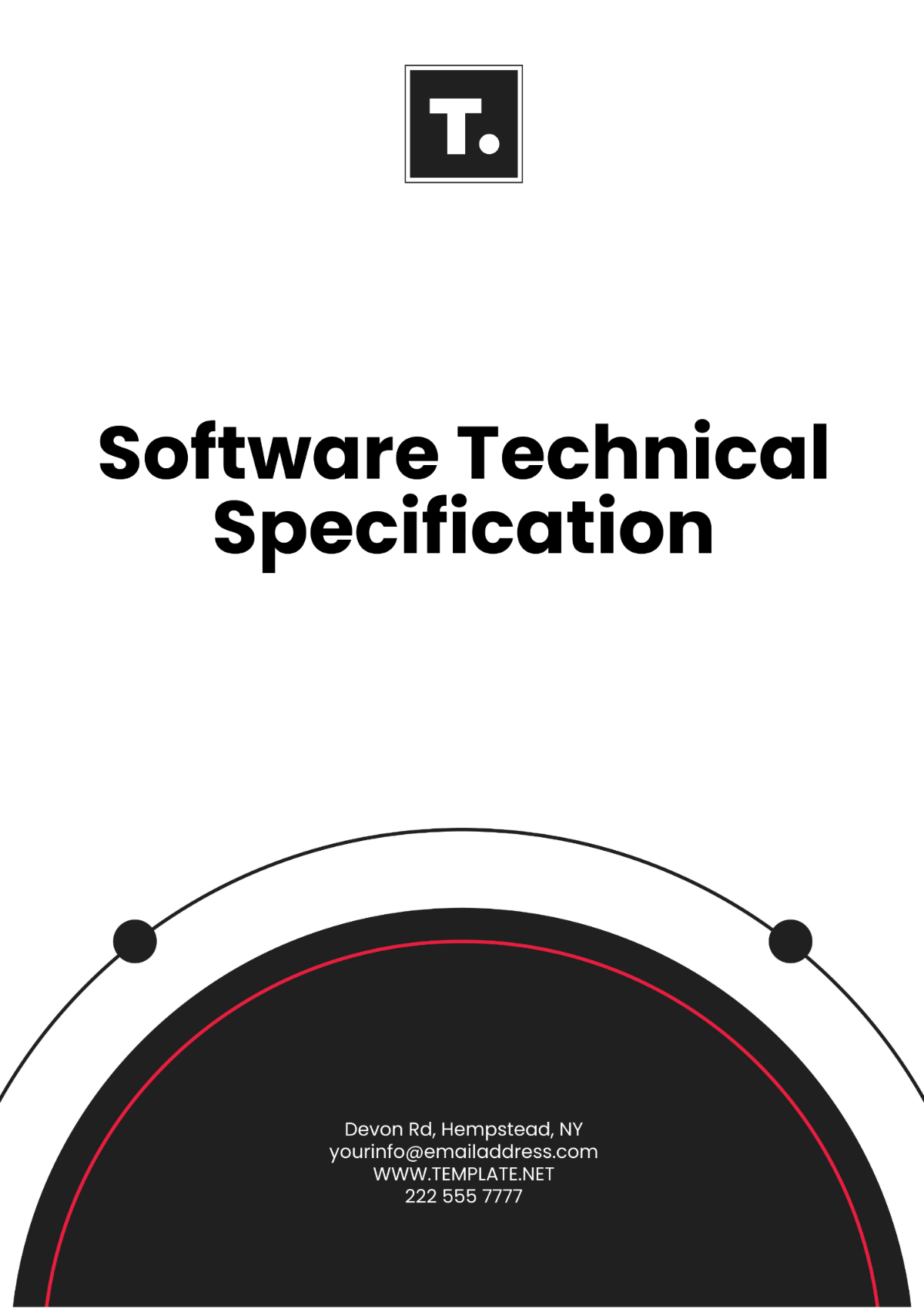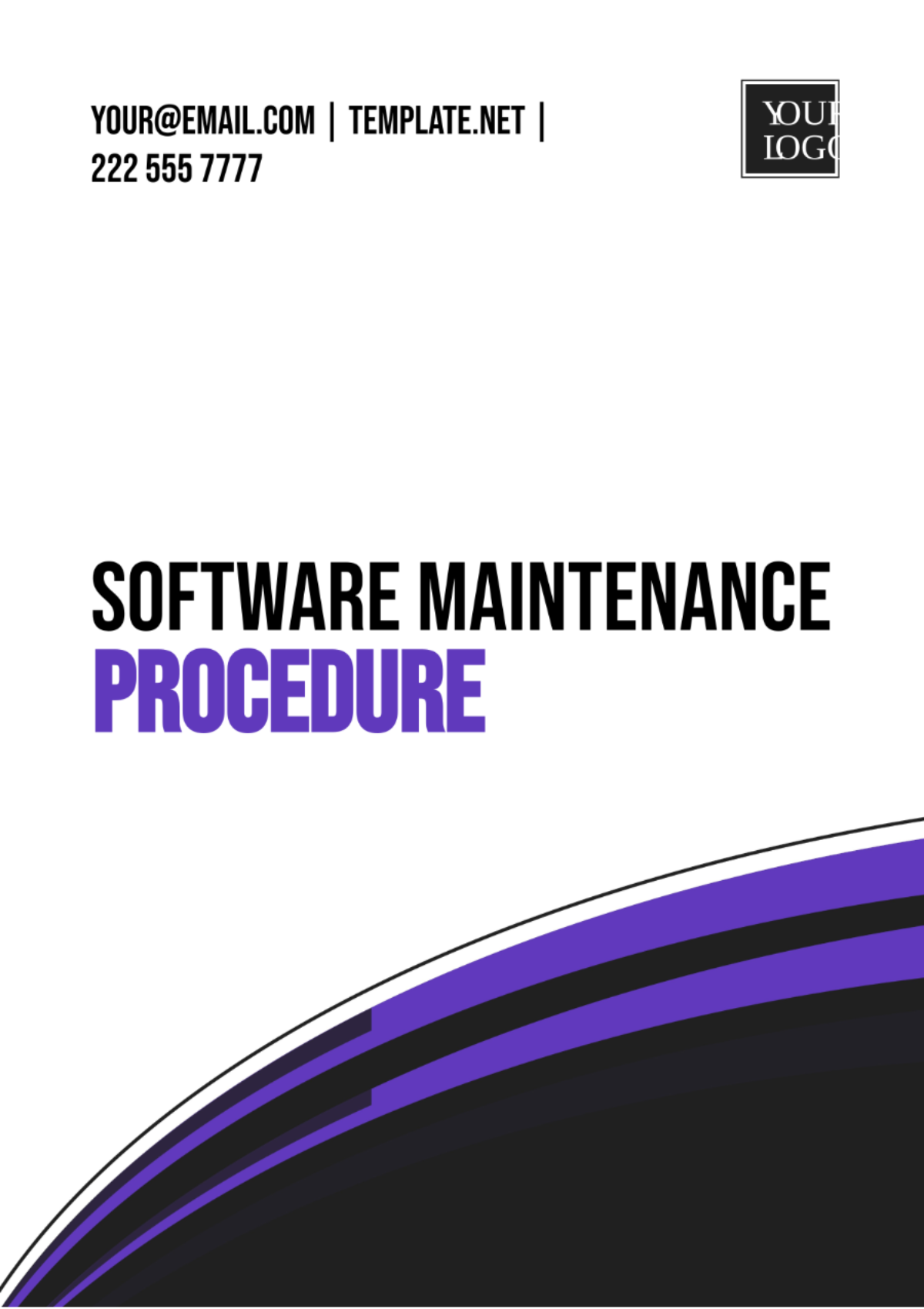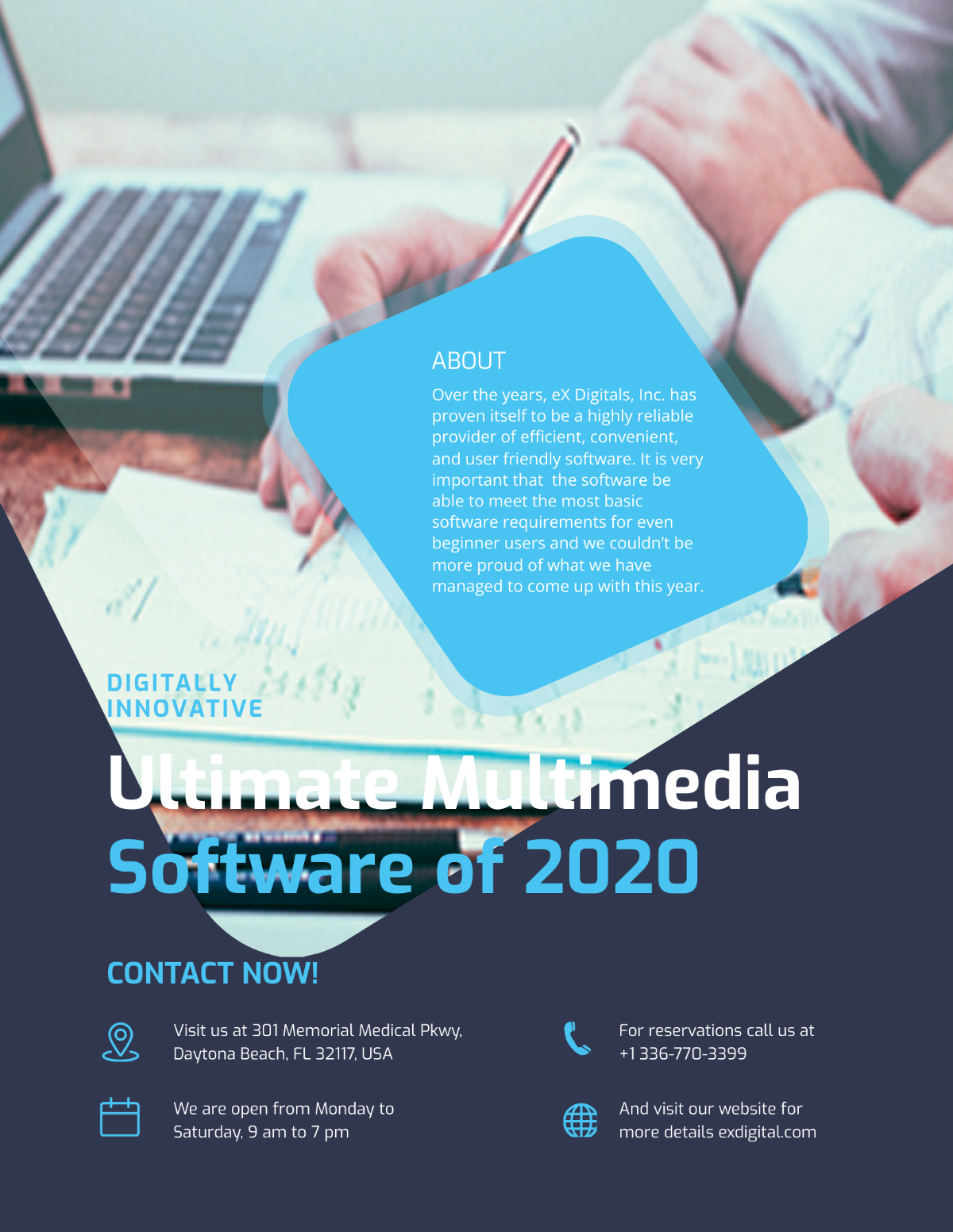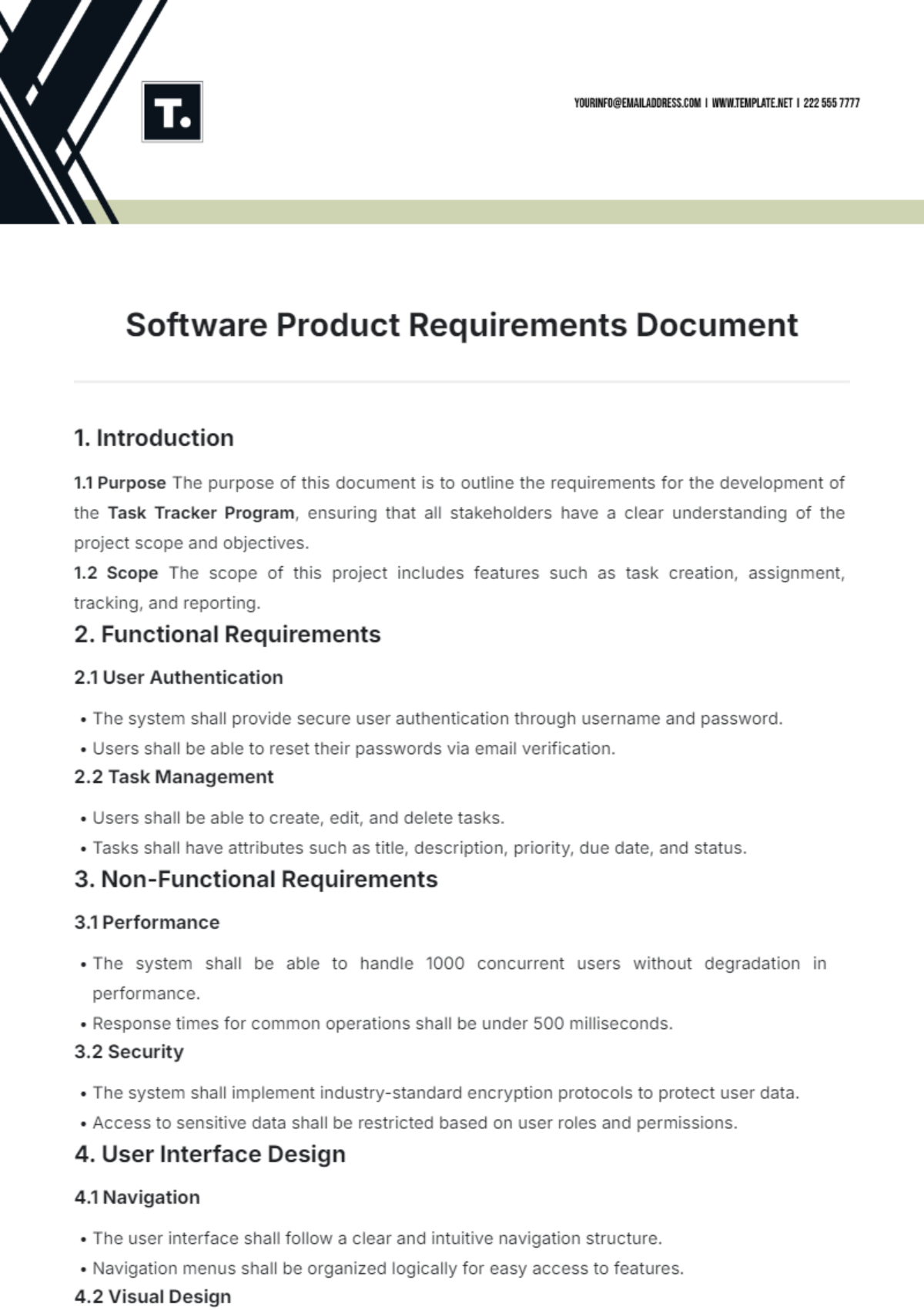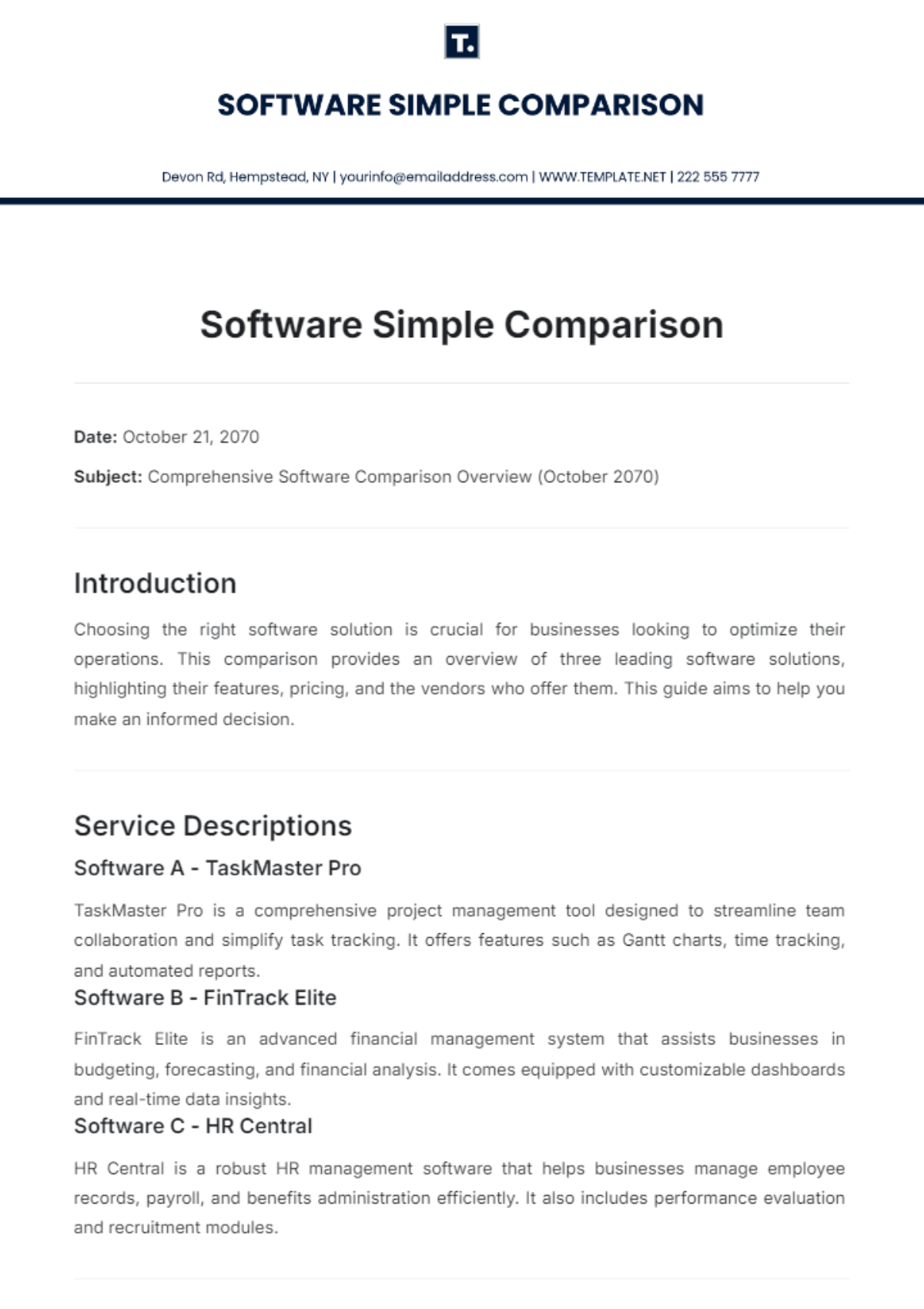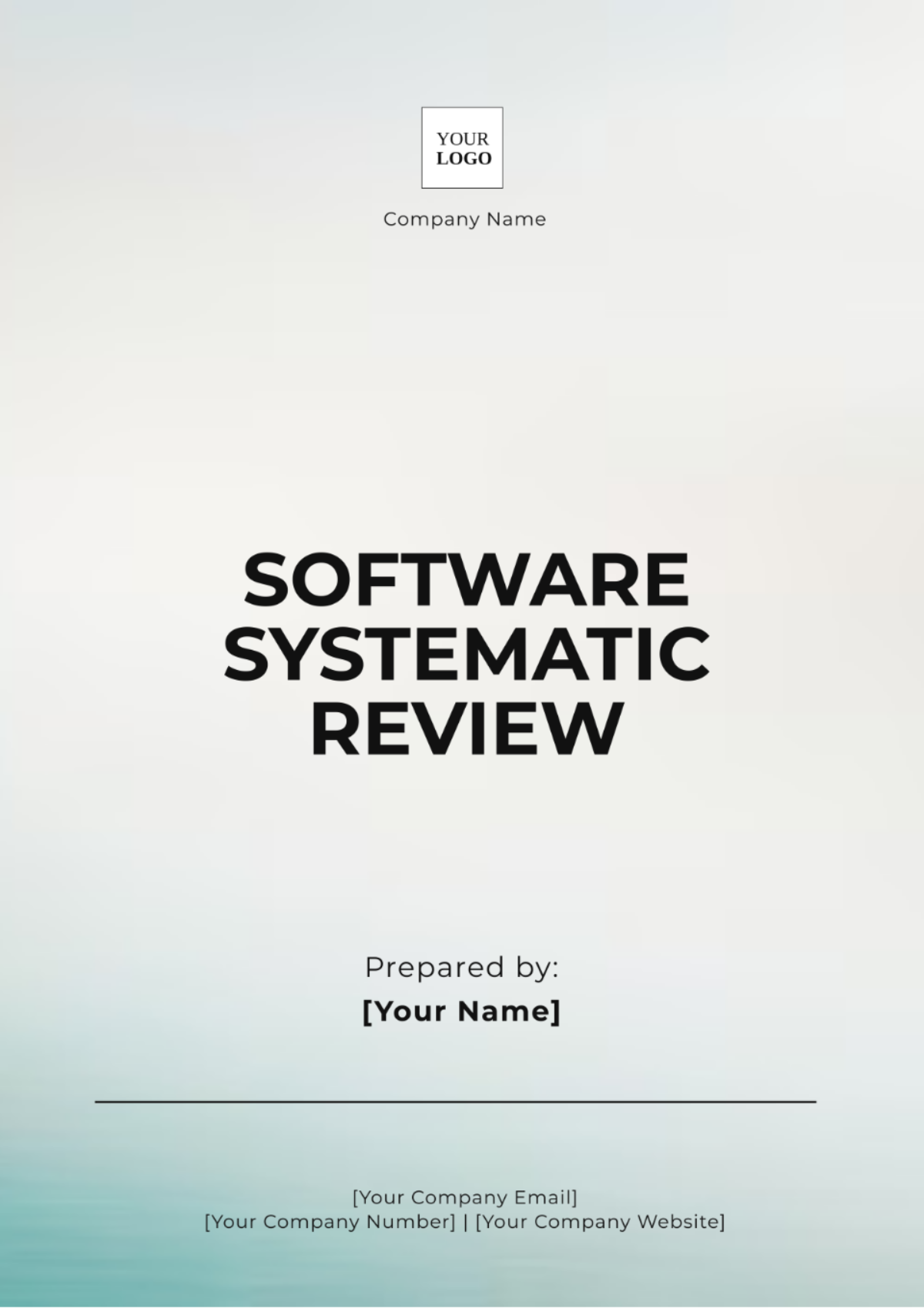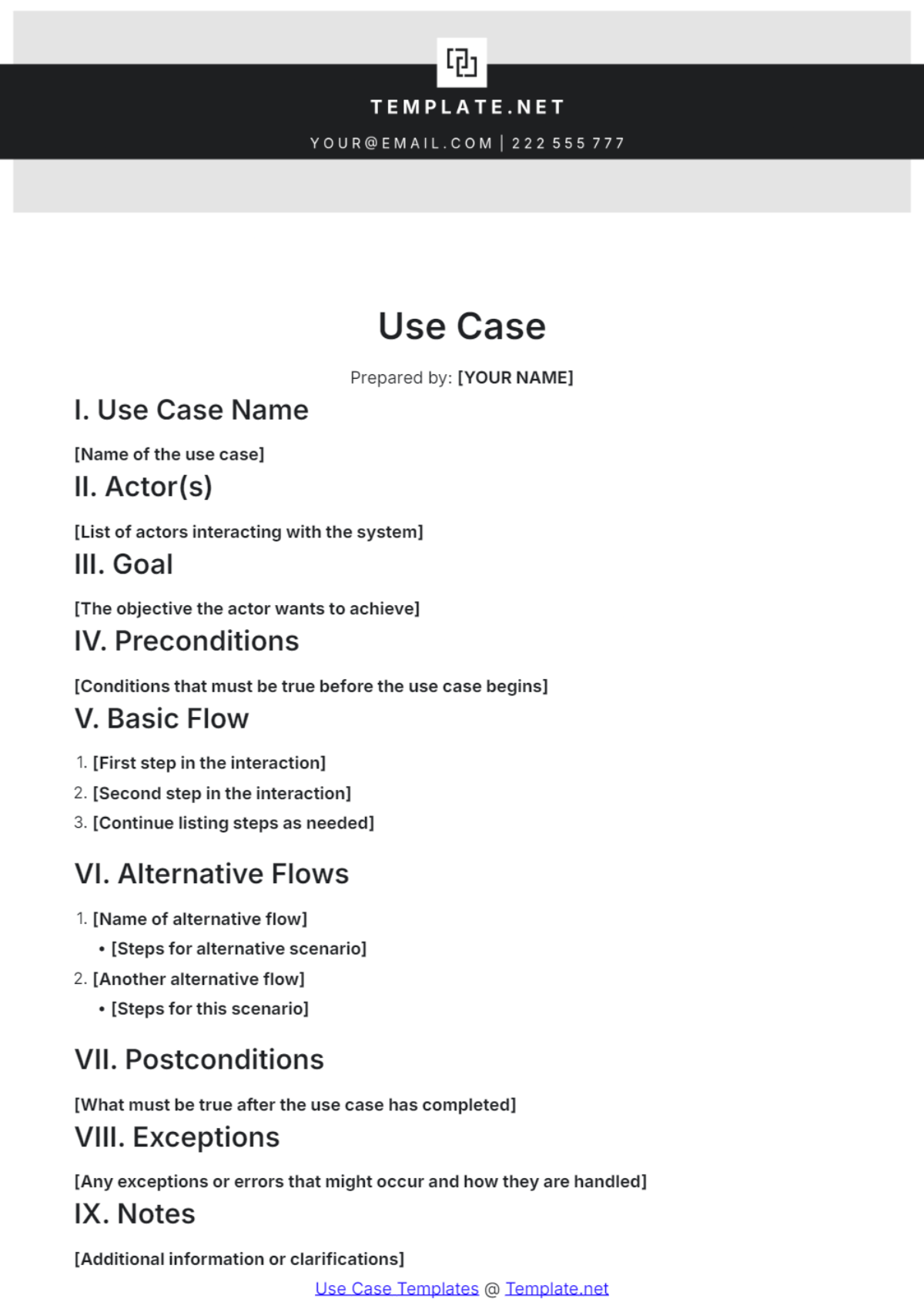Software Systematic Review
Prepared by: [YOUR NAME]
Date: [DATE]
I. Introduction
Agile software development has gained prominence as a flexible and iterative approach to managing software projects. This systematic review aims to evaluate the effectiveness of various Agile practices and methodologies, identify best practices, and highlight areas requiring further research. The review addresses key questions about the benefits and challenges of Agile practices, the impact on project outcomes, and recommendations for successful implementation.
II. Methodology
A. Search Strategy
A comprehensive search was conducted across major databases, including IEEE Xplore, ACM Digital Library, and Google Scholar. Keywords included "Agile software development," "Agile practices," "Agile methodologies," and "Agile project management."
B. Inclusion/Exclusion Criteria
Inclusion: Studies published between 2050 and 2063, peer-reviewed articles, and papers that specifically address Agile methodologies and their impact.
Exclusion: Articles not focused on Agile practices, those not published in English, and papers with insufficient data.
C. Data Extraction
Data was extracted on the following aspects: Agile methodologies used, outcomes reported, challenges identified, and best practices suggested. The quality of studies was assessed using a standardized evaluation tool.
III. Results
The review included 50 studies that met the inclusion criteria. Key findings are summarized as follows:
Common Agile Practices: The predominant Agile methodologies were Scrum, Kanban, and Extreme Programming (XP). Scrum was noted for its structured framework and iterative cycles, Kanban for its visual workflow management and adaptability, and XP for its emphasis on technical excellence and iterative feedback.
Benefits: Agile practices consistently delivered:
Enhanced Team Collaboration: Improved communication and coordination facilitated more effective problem-solving and decision-making.
Faster Delivery Times: Agile methodologies accelerated the delivery of functional software through iterative releases and continuous integration.
Greater Customer Satisfaction: Frequent feedback and iterative improvements aligned development closely with customer needs, resulting in higher satisfaction.
Challenges: Despite the advantages, several challenges were identified:
Resistance to Change: Adapting to Agile practices was often hindered by established traditional workflows and organizational inertia.
Scaling Issues: Implementing Agile at scale across larger teams or organizations presented difficulties in maintaining consistency and coherence.
Communication Barriers: Ensuring clear and consistent communication among team members and stakeholders remained a critical challenge.
Best Practices: Successful Agile implementations were characterized by:
Regular Retrospectives: Frequent reviews of processes enabled teams to identify and address areas for improvement.
Continuous Stakeholder Involvement: Engaging stakeholders throughout the development cycle ensured that their feedback was incorporated effectively.
Adaptive Planning: Flexible planning approaches allowed teams to respond swiftly to changing requirements and market conditions.
IV. Discussion
The results indicate that Agile methodologies offer significant benefits, including enhanced flexibility and responsiveness to changing requirements. However, challenges such as resistance to change and scaling issues persist. The review underscores the importance of regular retrospectives and stakeholder engagement as critical components of successful Agile practices. Comparing the findings with existing literature, it is evident that while Agile practices are widely adopted, there is still a need for research on best practices for large-scale implementations and overcoming resistance.
V. Conclusion
This systematic review highlights that Agile software development can lead to improved project outcomes when implemented effectively. Key recommendations for practitioners include embracing continuous feedback, fostering a collaborative environment, and being adaptable to change. Future research should focus on addressing the challenges of scaling Agile practices and exploring innovative approaches to Agile implementation.
VI. References
Smith, J. (2052). "The Impact of Agile Methodologies on Software Project Success." IEEE Transactions on Software Engineering, 48(4), 123-135.
Johnson, L. & Brown, M. (2051). "Best Practices in Agile Software Development: A Meta-Analysis." ACM Computing Surveys, 53(2), 45-67.
Patel, R., et al. (2050). "Challenges and Solutions in Scaling Agile Practices." Journal of Software: Evolution and Process, 32(8), 223-240.


